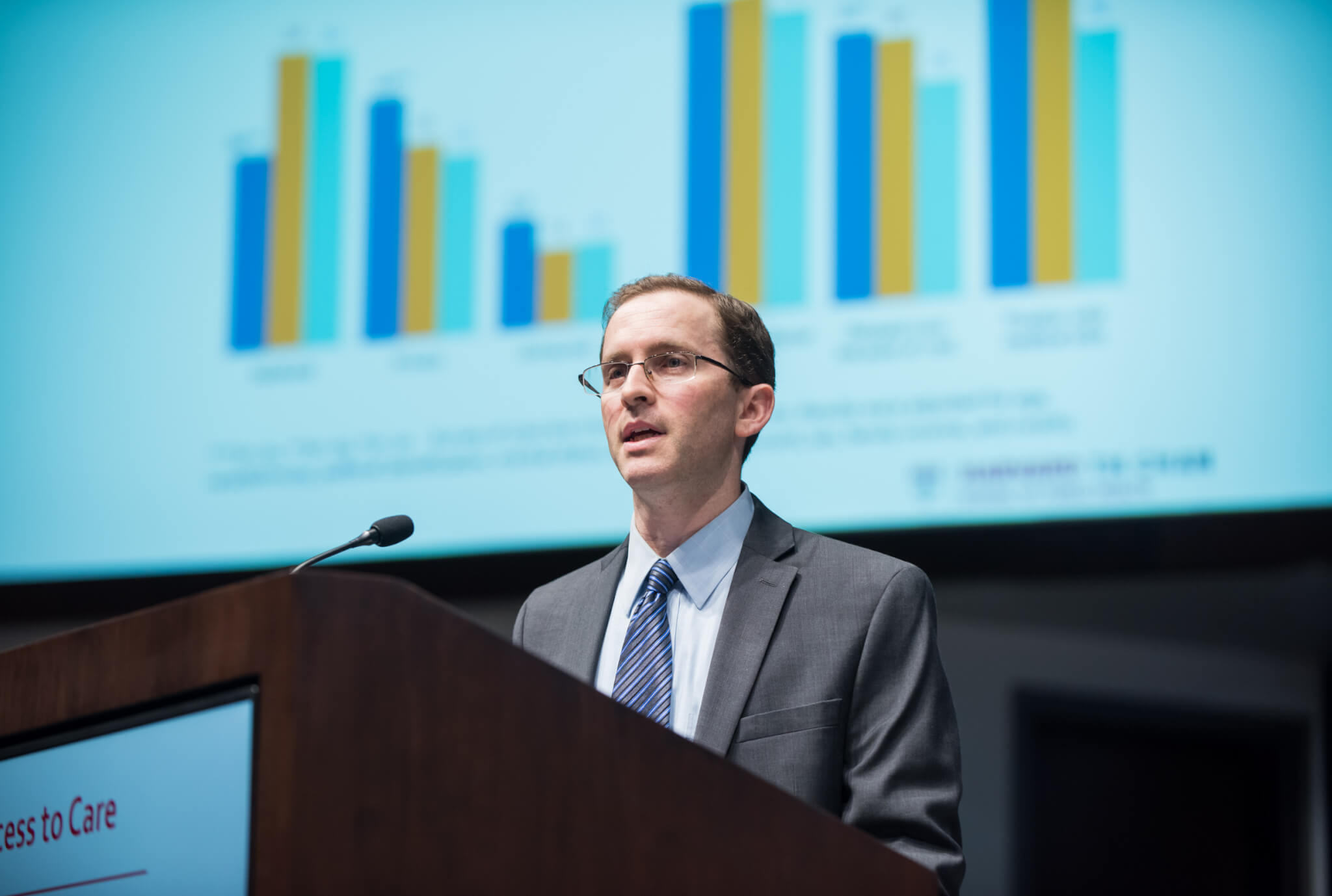The 2020 state legislative sessions in Kansas and Missouri are nearing the halfway point, and we are seeing continuing, strong public support for consideration of Medicaid expansion — a policy priority at the top of the foundation’s policy agenda.
In Kansas, health systems leaders, health advocates and chambers of commerce from across the state have increased their advocacy for Medicaid expansion as a common sense investment in a healthy workforce and economy. Kansas Gov. Laura Kelly and Senator Jim Denning of Overland Park have continued to press their case for SB 252, a bipartisan proposal that was developed with the support of 22 Senators. In Missouri, there is similar momentum for expansion through a statewide ballot initiative. The Greater Kansas City Chamber of Commerce, community health, mental health, human services and other groups, including the REACH Foundation, have endorsed the ballot initiative that supporters are aiming to put before voters statewide in November.
Each year, the REACH Foundation Board approves a policy agenda that guides the foundation’s grant making and direct engagement in policy and advocacy. We believe policy engagement is a necessary and effective tool for achieving our vision and mission of health equity through coverage and health care. Our policy agenda is informed by state and national research, our own work and strategic priorities, and the perspectives of our foundation peers and the nonprofit organizations in which we invest. REACH’s longtime advocacy for Medicaid expansion is in alignment with our mission and focus on uninsured and medically underserved people. Our work in this arena falls within our Close the Coverage Gap outcome area tied to the foundation’s strategic plan.
For more than seven years, REACH has worked closely with foundation partners and grantees to eliminate the coverage gap that has prevented more than 130,000 Kansans and 240,000 Missourians from securing the coverage and care they need. While Medicaid expansion continues to get push back from some legislators in Kansas and Missouri, there’s a growing, well-documented body of evidence from other states regarding the positive effects that coverage has on health outcomes as well as on a state’s economy.
We encourage leaders from the nonprofit and public sector and business community to provide input and feedback on our policy priorities and to share their policy interests with us. Read about our 2020 policy priorities.




